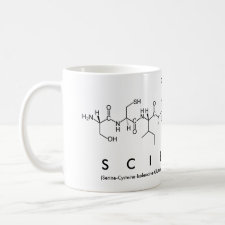
Authors: Arreguin-Campos R, Eersels K, Lowdon JW, Rogosic R, Heidt B, Caldara M, Jiménez-Monroy KL, Diliën H, Cleij TJ, Van Grinsven B
Article Title: Biomimetic sensing of Escherichia coli at the solid-liquid interface: From surface-imprinted polymer synthesis toward real sample sensing in food safety.
Publication date: 2021
Journal: Microchemical Journal
Volume: 169
Article Number: 106554.
DOI: 10.1016/j.microc.2021.106554
Alternative URL: https://www.sciencedirect.com/science/article/pii/S0026265X21006408
Abstract: The incorporation of imprinted polymers (IP) into sensing devices has enabled the detection of a wide range of analytes going from molecules to whole cells. Biomimetic platforms for bacteria recognition possess the potential of being a low-cost and on-site testing technology for applications in food safety, where the accurate detection of pathogens is crucial for preventing disease. This work presents the optimization of a label-free thermal IP-based sensor for the detection of E. coli, a microorganism indicator of fecal contamination in drinking water and milk. By modifying the functional monomers employed in the synthesis of imprinted polyurethanes, the production process was sped up by a factor four. The receptor layers, which exhibited enhanced imprint surface-coverage, yielded in bacteria quantification at concentrations in the range of 1000 CFU/mL, an improvement of a full order of magnitude for the thermal sensor. Benchmarking of the results was performed with a commercial impedance analyzer, demonstrating the suitability of the receptors for electrochemical analysis. Furthermore, the results presented assess the selectivity of the thermal device against S. aureus. Finally, a proof of concept of the sensor in milk as complex sample is presented for the first time, confirming that the dynamic range and sensitivity of the device will suffice to detect fecal contamination of milk samples in resource-deprived settings
Template and target information: bacteria, Escherichia coli, E. coli
Author keywords: imprinted polymers, biomimetic sensing, food safety



Join the Society for Molecular Imprinting

New items RSS feed
Sign-up for e-mail updates:
Choose between receiving an occasional newsletter or more frequent e-mail alerts.
Click here to go to the sign-up page.
Is your name elemental or peptidic? Enter your name and find out by clicking either of the buttons below!
Other products you may like:
 MIPdatabase
MIPdatabase









